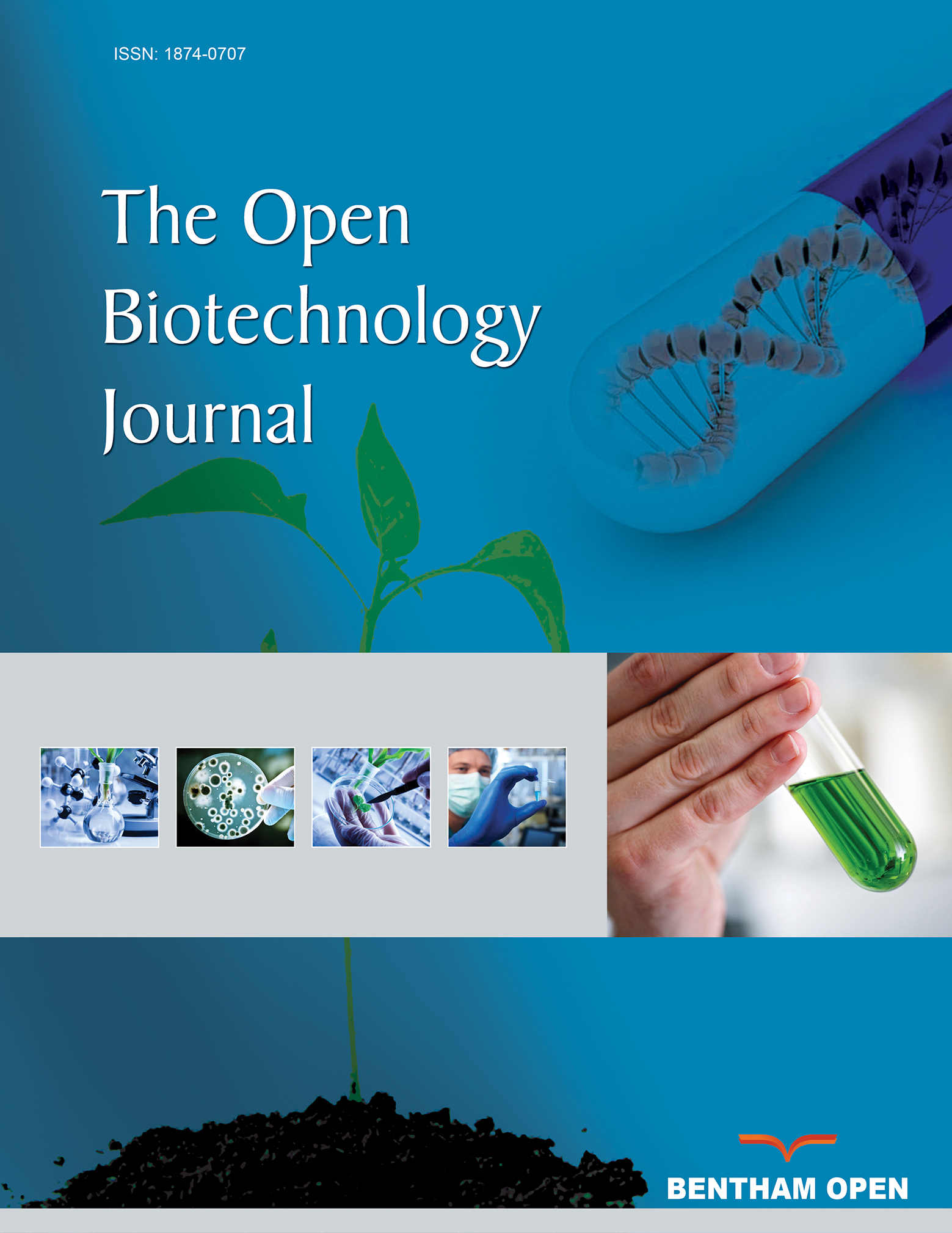All published articles of this journal are available on ScienceDirect.
Human Amniotic Epithelium as an Unlimited Source of Oct4-Expressing Totipotent Stem Cell Subset
Abstract
We have explored Oct4-positive cells residing in the human amniotic membrane (HAM) at various stages of gestation. Here, we report that a number of Oct4-positive human amniotic epithelial (HAE) cells can be recovered as potentially pluripotent stem cells from any stage of human embryonic development. We found that Oct4-expressing cell subsets are clustered in specific regions of the human amniotic epithelium. Immunohistochemical examination suggests the expression levels of Oct4 protein vary at the single cell level in these cohorts as well as in vitro. These Oct4-positive HAE cells can be harvested and enriched in vitro as a potential source of pluripotent somatic stem cells under defined culture conditions. These cultured HAE cells expressed several marker genes for undifferentiated human embryonic stem (huES) cell lines that included connexins (hCx43 and hCx45), Pro-Galanin, Nanog, ABCG2 and hRex1. Several differentiation markers were also detected, such as nestin as a marker for neuroectodermal progenitor cells, albumin and amylase of hepatic cell type, and CK19 as an epithelial cell marker, as determined by RT-PCR and immunocytochemical analysis. Moreover, chromogranin A and glut2, marker genes for neuroendocrine pancreatic cells, were shown to be inducible at the mRNA level in response to glucose and nicotinamide. These results further strengthen the notion that the human amniotic epithelium provides an unlimited promising source of potentially useful hES-like somatic cells that possess multiple differentiation potential to give rise to a functionally different wide variety of cell types.


